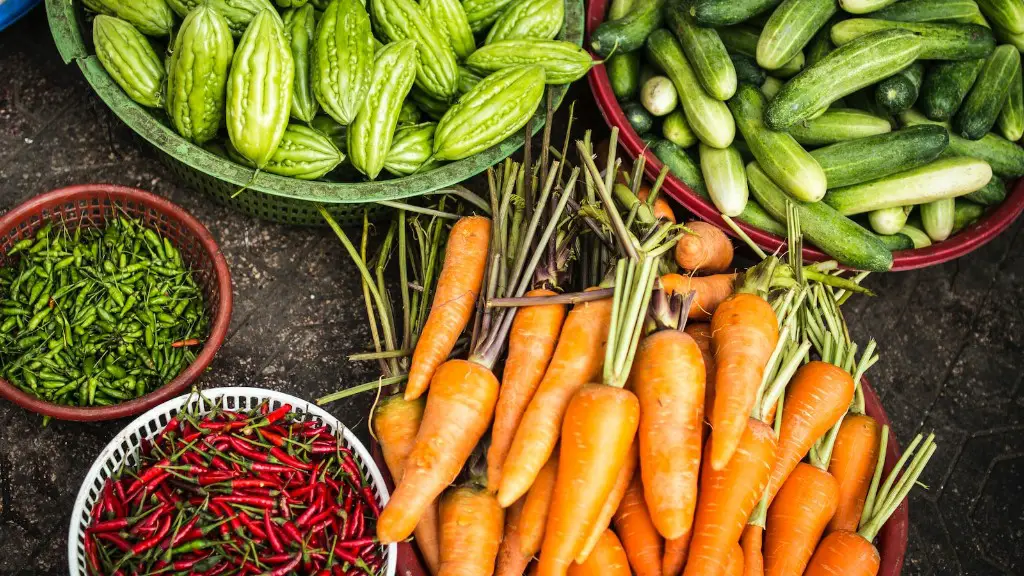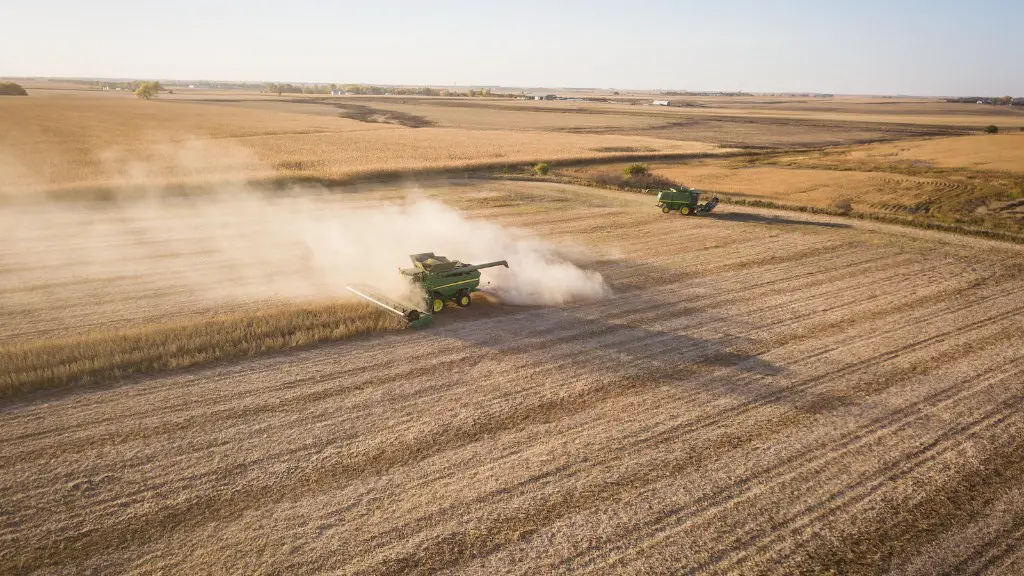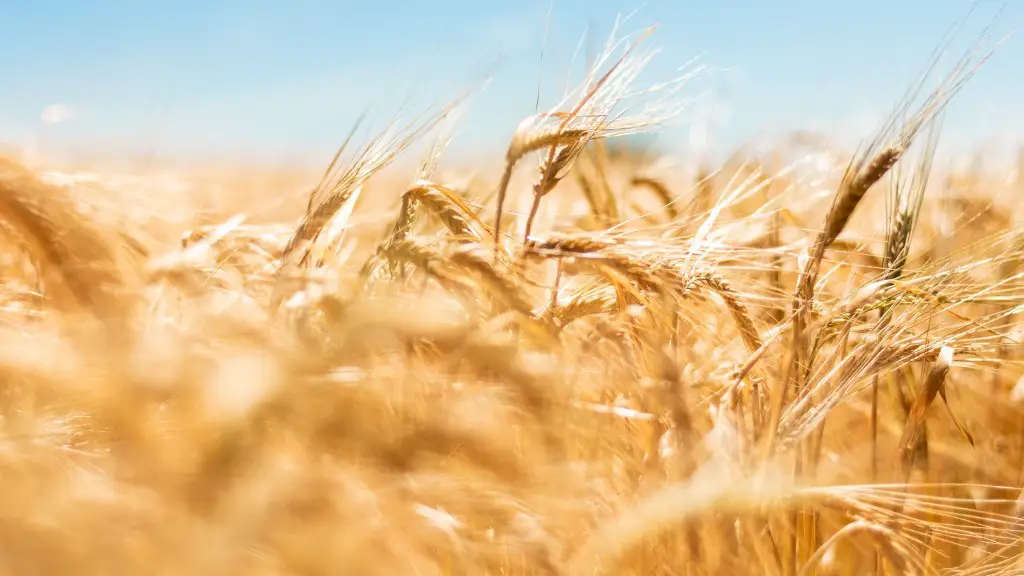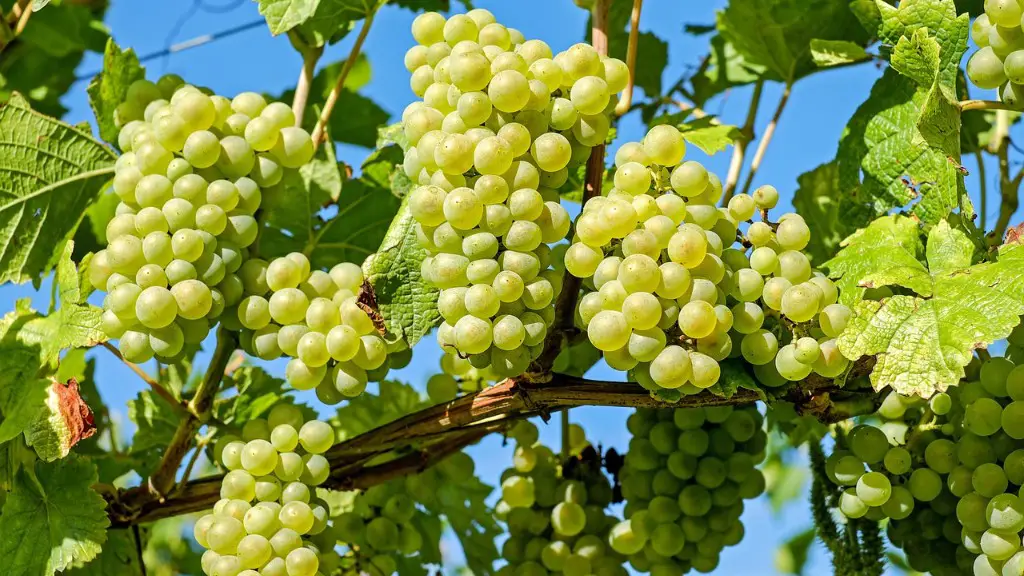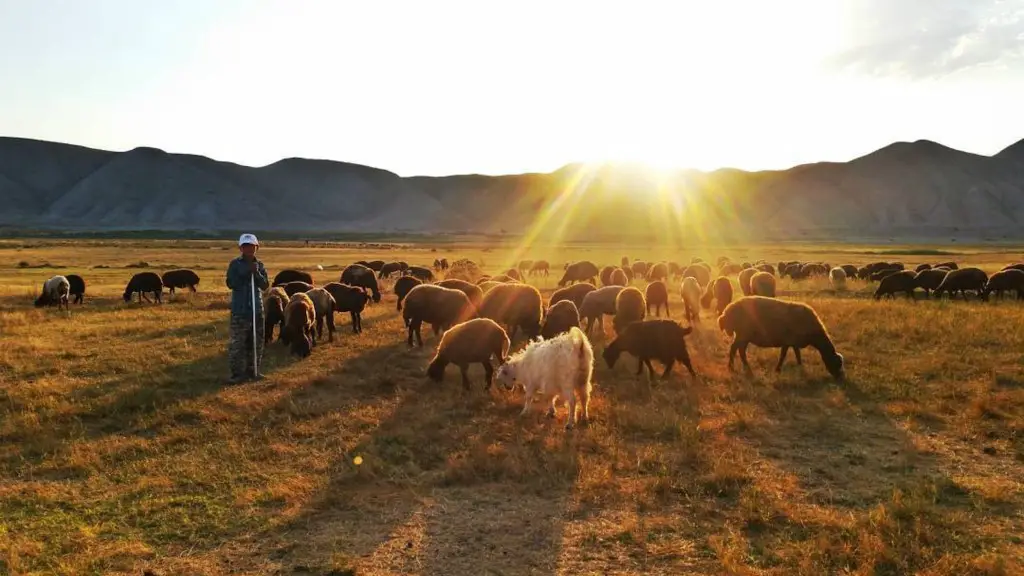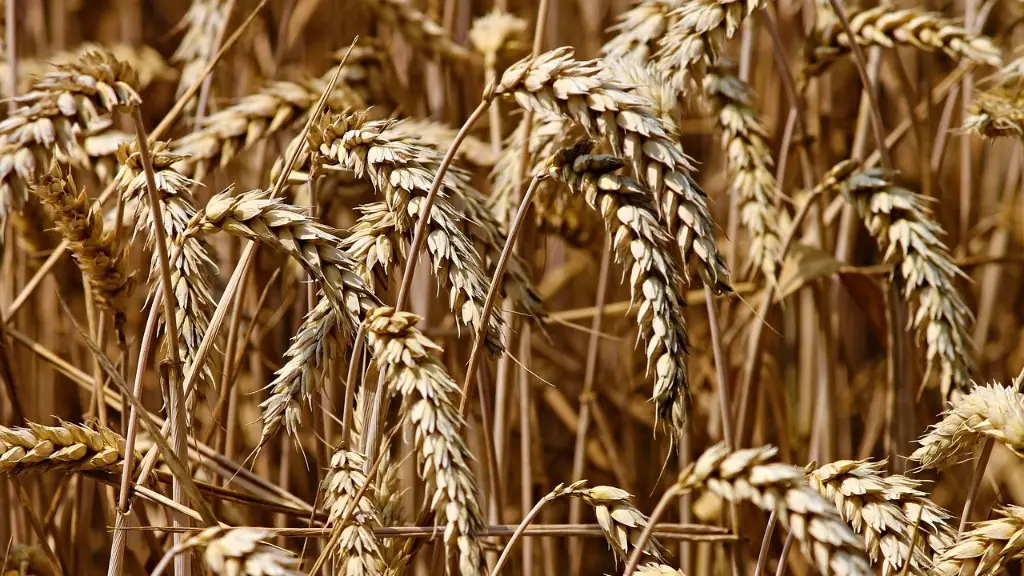Sustainable agriculture is an approach to crop and livestock production that seeks to minimize the negative environmental impacts of farming while simultaneously promoting the positive benefits of farming. There are a number of ways that an individual can support sustainable agriculture, such as: buying food from farmers markets or local farms, investing in environmentally-friendly agricultural practices, or advocating for government policies that support sustainable agriculture.
Individuals can support the concept of sustainable agriculture in many ways, including reducing their reliance on synthetic pesticides and fertilizers, planting native species that are well-adapted to their local environment, and composting their food and yard waste. They can also support sustainable farmers by buying food that is grown using sustainable practices, and by advocating for policies that promote sustainable agriculture.
How can people support sustainable agriculture?
Planting a variety of crops can have many benefits, including healthier soil and improved pest control. Crop diversity practices include intercropping (growing a mix of crops in the same area) and complex multiyear crop rotations.
Healthy soil is vital to the long-term productivity of any farm. Soil health is improved when a diversity of crops are grown, because different crops require different nutrients. Crop rotation also helps to break up pest cycles and minimize the need for chemical inputs.
In recent years, there has been a growing movement among farmers to adopt more diverse cropping systems. This is partly in response to consumer demand for more environmentally friendly practices, but it also makes good economic sense. Diverse cropping systems are more resilient to weather extremes and can help reduce production risks.
There are many ways that consumers, food producers and legislators can work together to make the food system more sustainable. Here are 10 of the most important:
1. Local eating: One of the best ways to make the food system more sustainable is to eat locally produced food. This reduces the need for long-distance transportation of food, which has a significant environmental impact.
2. Waste less: A huge amount of food is wasted every year, both by consumers and food producers. By wasting less food, we can make a significant dent in the environmental impact of the food system.
3. Consider food’s true cost: The price of food does not always reflect its true cost, including the environmental costs of production. When consumers consider the true cost of food, they can make more sustainable choices.
4. Avoid additives, pesticides and go organic: Additives, pesticides and other chemicals used in food production can have negative environmental impacts. Choosing organic food can help reduce these impacts.
5. Support sustainable agriculture: Sustainable agriculture practices can help reduce the environmental impact of food production. Supporting farmers who adopt these practices can help make the food system more sustainable.
6. Reduce meat consumption: Meat production has a significant environmental impact
How does sustainable agriculture benefit humans
Sustainable agriculture is a type of agriculture that focuses on producing enough food to meet the needs of the population while also protecting the environment. This type of agriculture is important because it can help to feed a growing population while also preserving the environment.
Sustainable agriculture is a vital part of ensuring that our planet can continue to support life. By farming in a way that protects the environment and makes the best use of natural resources, we can help to preserve the earth for future generations.
How do you transition to sustainable agriculture?
Agriculture is one of the most important sectors of the economy, and the transition to sustainable practices is essential to ensuring long-term food security. The need to increase production in a way that doesn’t degrade the environment has never been more urgent.
Leveraging research and innovation to develop regenerative and nature-based practices is key to making agriculture more sustainable. But this transition will also require training and education for farmers, food producers, and consumers. And increasing transparency and traceability throughout the food system is essential to ensuring that sustainable practices are being adopted.
Sustainable agriculture is a way of growing food that is healthy for the environment, profitable for farmers, and just for workers and communities. Sustainable agriculture integrates three main goals – environmental health, economic profitability, and social equity. A variety of philosophies, policies and practices have contributed to these goals, but a few common themes and principles weave through most definitions of sustainable agriculture.
The first principle is that sustainable agriculture must be based on an ecological foundation. This means that farming practices must be based on an understanding of how ecosystems work, and must be respectful of the natural resources that sustain them. The second principle is that sustainable agriculture must be economically viable. This means that farmers must be able to make a living from their land, and that farming practices must be financially sustainable over the long term. The third principle is that sustainable agriculture must be socially just. This means that farmers and workers must be treated fairly, and that communities must have a say in how their food is grown.
Sustainable agriculture is not a new idea, but it is gaining new urgency in the face of climate change, dwindling resources, and a growing world population. As we look for ways to feed the world in a sustainable way, sustainable agriculture will be an important part of the solution
What are the 3 main ways you could create more sustainable environment?
There are a number of things you can do to be more sustainable in your daily life. One way to reduce your impact is to limit the amount of food waste you generate. Another is to eat more plant-based meals. Not only are plants generally lower in greenhouse gas emissions than animal products, but they also require less water and land to grow. You can also reduce your reliance on plastic and other disposable materials by recycling and composting. And finally, try to leave your car at home as much as possible to reduce your transportation-related emissions.
Save the planet with these nine top tips that are environmentally friendly and easy to follow! From reducing your energy usage to composting, these simple actions can make a big difference.
What are the main benefits of agriculture in human needs
Agriculture is essential to society in a number of ways. It provides food for people to live on, which is obviously necessary for survival. It also provides habitat for many different species of animals, which is important for maintaining biodiversity. Additionally, agriculture provides jobs for people all over the world, which is critical for economies. Finally, agriculture provides raw materials for many different products, ranging from food to clothing to building materials. In short, agriculture is vital to society and its importance cannot be understated.
As a society, we depend on healthy ecosystems for many things. Healthy ecosystems can purify the air,sequester carbon, cycle nutrients, and pollinate crops. Without healthy ecosystems, we would have to rely on expensive infrastructure to do these things.
Why agriculture is important for human life?
Agriculture is a vital industry that produces many important goods and services. In addition to renewable energy sources, food, and fibers, agriculture also produces pharmaceuticals and raw materials used in clothing and construction. The positive impact of agriculture on the economy is felt around the world.
Achieving sustainable agriculture requires a lot of research in order to find the best way to farm while taking care of the environment. The best way to do this is to focus on locally relevant crops and stewardship techniques. Land management should also be improved so that sustainable practices are more widely adopted.
What is the best method of sustainable agriculture
Permaculture is a unique and sustainable agriculture technique that imitates naturally established ecosystems. This approach results in increased diversity, stability, and harmony in the agricultural system. Permaculture also reduces waste, uses replenishable sources, tackles pollution, and improves soil fertility in nature-friendly ways. All of these factors contribute to making permaculture a sustainable agricultural technique.
Sustainable agriculture is a type of farming that focuses on producing food in a way that is environmentally sustainable. This means that the methods used do not damage or degrade the environment, and that the farm is able to produce enough food to meet the needs of the people who live there.
There are many benefits to sustainable agriculture, including reducing costs, preventing pollution, saving energy, preventing soil erosion, and promoting biodiversity. In addition, sustainable agriculture can improve food production with less waste and public health.
What is the importance sustainable agriculture?
There are a number of ways that farmers can adopt sustainable practices and conserve the environment. By reducing their reliance on nonrenewable energy, using fewer chemicals and saving scarce resources, farmers can help keep the land healthy and replenished. Not only will this benefit the environment, but it will also improve the quality of the food produced and help to feed the growing population.
It’s important to think about the impact our purchases have on the environment. We should make sure that our big purchases have big environmental benefits, and boycott products that endanger wildlife. We should also pay attention to labels and be water wise. Driving less and driving green can also help make a difference. Greening our homes is another great way to reduce our environmental impact.
How can you contribute to the sustainability of your community
It is important to protect and enhance the environment by using energy, water and other natural resources efficiently and with care. waste should be minimized and then reused or recycled through composting or energy recovery. Pollution should be limited to levels which do not damage natural systems.
Here are some things we can do to help protect the environment both below and above water:
– Avoid using plastic bags to help keep our oceans clean.
– Plant trees to help protect our environment on land.
– Recycle items such as paper, plastic, glass, and aluminum.
– Bike, walk, or use public transportation sustainable cities and communities.
Warp Up
There are many ways that an individual can support the concept of sustainable agriculture. Some ways include: eating organic foods, buying from local farmers, supporting legislation that promotes sustainable agriculture, and educating others about the importance of sustainable agriculture.
On an individual level, there are a number of ways to support sustainable agriculture. One way is to vote with your wallet by supporting farmers who practice sustainable agriculture. Another way is to advocate for policies that support sustainable agriculture, such as investing in local and organic agriculture. Lastly, you can educate yourself and others about the importance of sustainable agriculture in securing a food supply for future generations. By taking these actions, we can all help to build a more sustainable food system.
